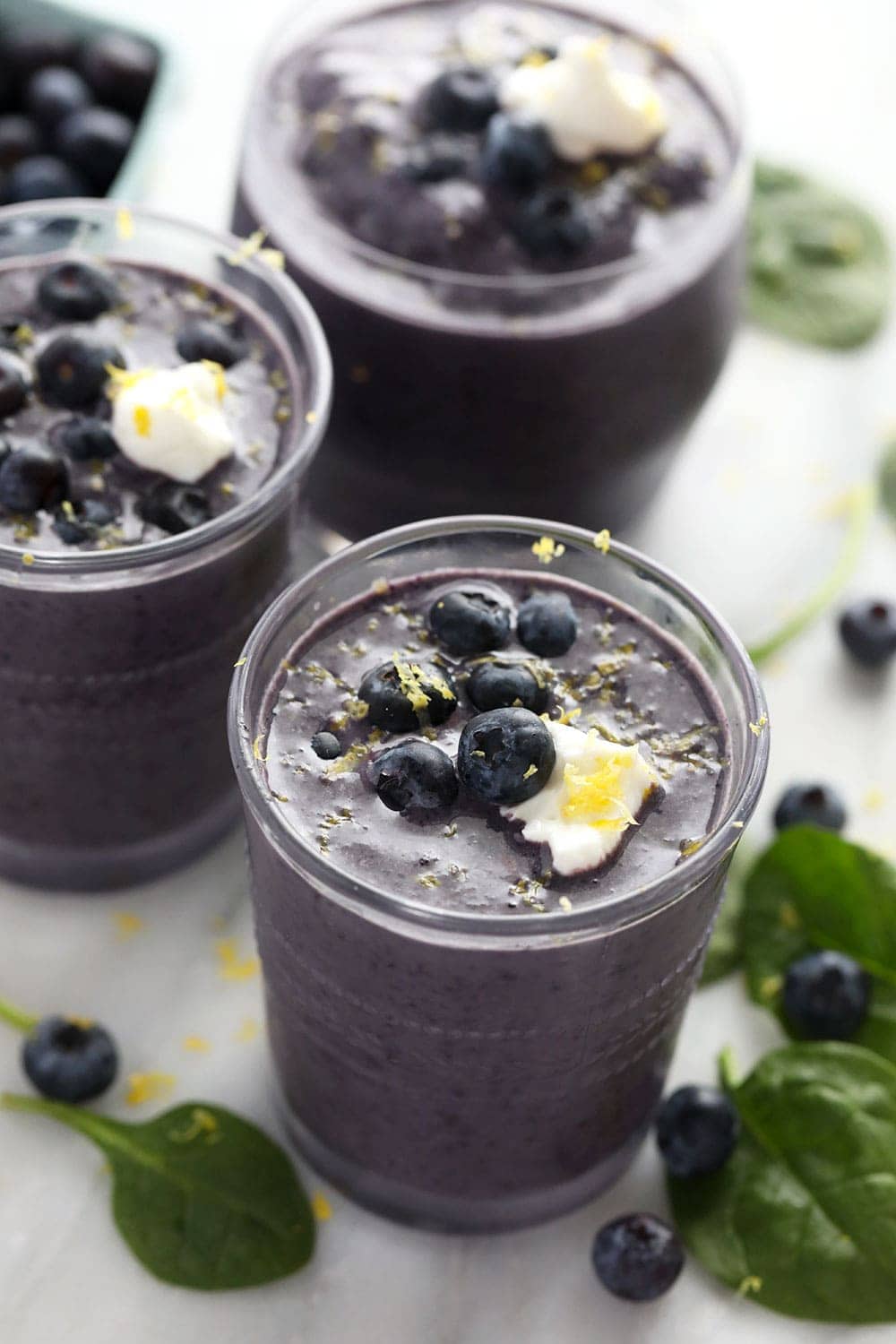Enhancing Mental Wellness Through Diet: The Role of Nutrition in Mood Regulation
In 2025, over one billion people worldwide are living with mental health conditions, according to the World Health Organization. Emerging research highlights that dietary choices can significantly influence mood through the gut-brain axis. This comprehensive guide examines the scientific connections between food and mental health, offering evidence-based nutritional guidelines, practical recipes, and adaptable strategies for diverse cultural contexts to promote optimal emotional well-being.
The Gut-Brain Axis: A Key Pathway to Mental Health
The gut-brain axis represents a bidirectional communication network between the gastrointestinal tract and the central nervous system. The gut produces approximately 95% of the body's serotonin, a neurotransmitter crucial for mood regulation. Imbalances in the gut microbiome, often stemming from suboptimal diets, can trigger inflammation and contribute to conditions like anxiety and depression.
Research from 2025, including studies on the microbiota-gut-brain axis, underscores how dietary patterns modulate this connection. For instance, adherence to a Mediterranean diet—emphasizing plant-based foods, healthy fats, and lean proteins—has been associated with a reduced risk of depressive symptoms. Conversely, diets high in processed foods prevalent in many Western countries may heighten these risks.
Globally, cultural practices offer valuable insights: In Asia, fermented foods such as kimchi support microbiome diversity, as supported by Korean studies. External factors like chronic stress can further disrupt this balance, amplifying the need for mindful nutrition.
For more on nutritional science, visit our Elite Blog.
Identifying Mood-Disrupting and Mood-Enhancing Foods
Certain foods can sabotage emotional stability, while others provide protective benefits:
Mood Saboteurs to Avoid:
- Refined sugars and trans fats, which can lead to energy crashes and increased inflammation.
Mood Boosters to Incorporate:
- Omega-3 Fatty Acids (found in salmon and walnuts): These may reduce anxiety symptoms by up to 20% through anti-inflammatory effects.
- Probiotics (in yogurt and kefir): They enhance serotonin production by supporting gut health.
- Antioxidants (in berries and leafy greens): These combat oxidative stress and inflammation linked to mood disorders.
Cultural integrations include fish in Japanese diets for omega-3s and yogurt in Indian cuisine for probiotics.
Mood-Enhancing Recipes Adapted for Global Tastes
Incorporate these simple, nutrient-dense recipes into your routine for sustained mental health benefits. Each includes approximate nutritional highlights.
Omega-3 Boost Smoothie (Breakfast Option):
- Ingredients: 1 cup mixed berries, 1 tablespoon flaxseeds, 1 cup yogurt, 1 banana.
- Instructions: Blend until smooth. Adapt with tropical fruits like mango for warmer climates.
- Nutrition: Provides omega-3s, antioxidants, and probiotics for mood stability.
Probiotic-Packed Salad (Light Lunch):
- Ingredients: Mixed greens, ½ cup kimchi, handful of nuts, olive oil dressing.
- Instructions: Toss ingredients together for a quick assembly.
- Nutrition: Rich in probiotics and fiber to support gut health.
Antioxidant Vegetable Stir-Fry (Dinner):
- Ingredients: Assorted colorful vegetables (bell peppers, broccoli), tofu, soy sauce.
- Instructions: Stir-fry until tender-crisp.
- Nutrition: High in antioxidants to reduce inflammation.
Mood-Boosting Food Guide
Food Type Examples Benefits Cultural Note Omega-3s Salmon, walnuts Reduces anxiety Prevalent in Nordic diets Probiotics Kimchi, yogurt Enhances serotonin Staples in Korean and Greek cuisines Antioxidants Berries, greens Combats inflammation Abundant in Mediterranean regions
| Food Type | Examples | Benefits | Cultural Note |
|---|---|---|---|
| Omega-3s | Salmon, walnuts | Reduces anxiety | Prevalent in Nordic diets |
| Probiotics | Kimchi, yogurt | Enhances serotonin | Staples in Korean and Greek cuisines |
| Antioxidants | Berries, greens | Combats inflammation | Abundant in Mediterranean regions |
Practical Tips for Adopting a Mood-Supportive Diet
Begin with small changes, such as replacing processed snacks with fresh alternatives. Use apps to track mood and dietary correlations. Address challenges like cost by opting for seasonal, local produce, and manage allergies with suitable substitutes.
For global adaptations, incorporate spices in Indian-inspired meals to enhance flavor without compromising benefits.
Frequently Asked Questions
- How soon can I expect results? Improvements may appear in 2-4 weeks with consistent changes.
- Should I take supplements? Only if deficiencies are confirmed; consult a healthcare professional.
- Is this affordable? Yes, focus on seasonal and local foods.
- Suitable for children? Absolutely, with balanced portions.
- Vegetarian options? Plant-based sources like flaxseeds and nuts are effective.
- Combined with exercise? Physical activity amplifies the benefits.
- Best cultural diets? The Mediterranean diet shows strong evidence for mental health support.
- For existing conditions? Diet can complement professional therapy.
- How to track progress? Maintain a food and mood diary.
- Is it sustainable long-term? Yes, when integrated as a lifestyle.
Conclusion
Nutrition plays a pivotal role in mood regulation via the gut-brain axis. By prioritizing whole, nutrient-rich foods, individuals can foster better mental health. Explore related topics, such as fruits for muscle building, on our Elite Blog.
We invite you to share your experiences with mood-boosting foods in the comments section.
Related Articles on Elite Blog:





Comments
Post a Comment
Thanks for your response,May God bless you